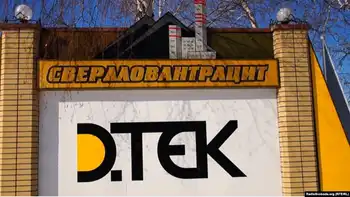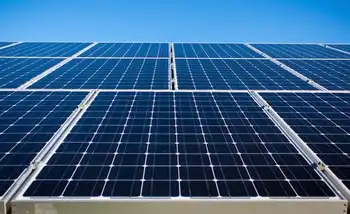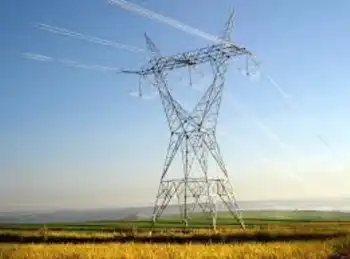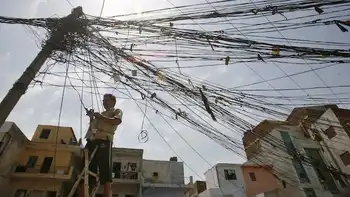IEA warns Ireland to reduce greenhouse emissions
DUBLIN -- - Ireland faces a "serious challenge" in meeting its greenhouse gas emissions target under the Kyoto Protocol, the International Energy Agency (IEA) recently warned.
The West's energy watchdog also expressed concern at the dominance of the state-owned power utility ESB, which it said was hindering greater competition in the electricity sector.
In its four-yearly review of Ireland's energy policies, the IEA said rapid economic growth was behind the growth in greenhouse gas emissions over the past few years but this needed to be tackled as a "matter of urgency."
Under the Kyoto Protocol, the United Nations pact to tackle global warming, Ireland has agreed to limit its greenhouse gas emissions to 13 percent above 1990 levels by 2008 to 2012.
"Emissions grew 24 percent from 1990 levels by 2000 and are believed to have grown substantially since then," the IEA said.
"C02 (carbon dioxide) emissions, which make up over 65 percent of total greenhouse gases, have grown even more, reaching more than 40 percent above 1990 levels in 2001."
Ireland also came under pressure from the IEA to open up its electricity sector to greater competition.
Although ESB has announced plans to cut its market share to 60 percent from 85 percent, the IEA said this was not enough.
"It is welcome but it still leaves the market with a large incumbent player," said Claude Mandil, the IEA's executive director.
"Experience of other countries has shown that markets dominated by one or two companies have been difficult to penetrate. This situation will require monitoring."
Even though the Irish market was the smallest in Europe excluding Luxembourg, more could be done to encourage new entrants, Mandil added.
"Ireland could expand international connections and effectively increase the market size, most obviously through greater regulatory and technical connections with Northern Ireland."
Related News

More Managers Charged For Price Fixing At Ukraine Power Producer
KIEV - Two more executives of DTEK, Ukraine’s largest private power and coal producer, have been charged in a criminal case on August 14 involving an alleged conspiracy to fix electricity prices with the state energy regulator, Interfax reported.
They are Ivan Helyukh, the CEO of subsidiary DTEK Grid, and Borys Lisoviy, a top manager of power generation company Skhidenergo, according to Kyiv-based Concorde Capital investment bank.
Ukraine’s Anti-Corruption Bureau (NABU) alleges that now four DTEK managers “pressured” and colluded with four regulators at the National Energy and Utilities Regulatory Commission to manipulate tariffs on electricity generated from coal that forced consumers…




